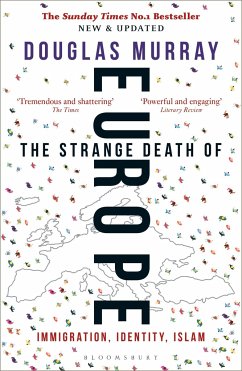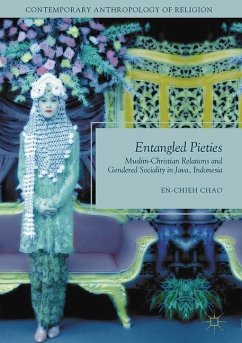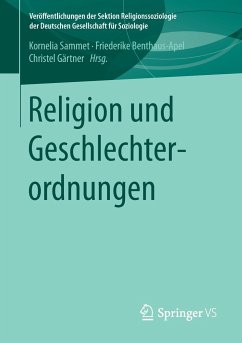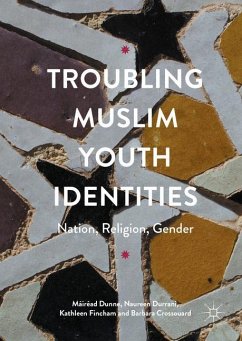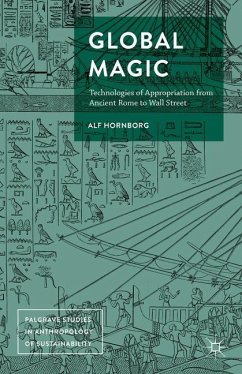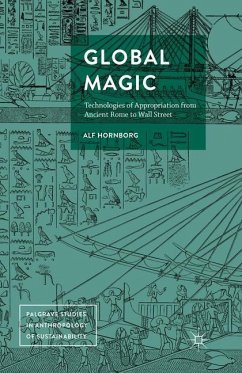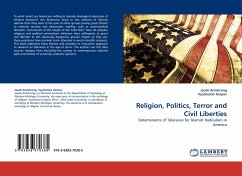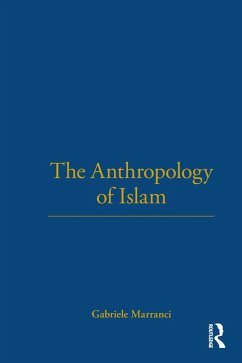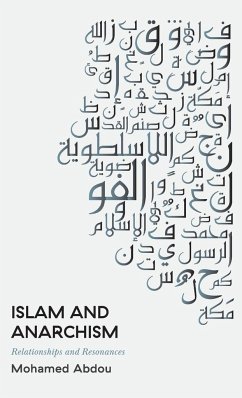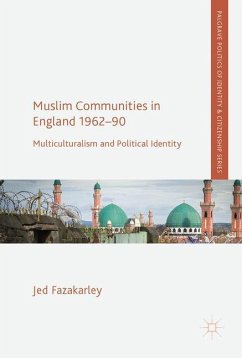
Religion, Terror and Violence
Religious Studies Perspectives
Herausgeber: Rennie, Bryan; Tite, Philip L.
Versandkostenfrei!
Versandfertig in 1-2 Wochen
168,99 €
inkl. MwSt.
Weitere Ausgaben:

PAYBACK Punkte
84 °P sammeln!
September 11 and the subsequent War on Terror continues to cast a long shadow over the world. Religion, Terror and Violence brings together a group of distinguished scholars from a range of backgrounds and disciplines to explore the claim that acts of violence - most spectacularly the attack of September 11, 2001 and the international reaction to it - were intimately linked to cultural and social authorizing processes that could be called 'religious.' This book provides a nuanced but incisive insight into the reaction of the discipline of religious studies to the post 9/11 world.




